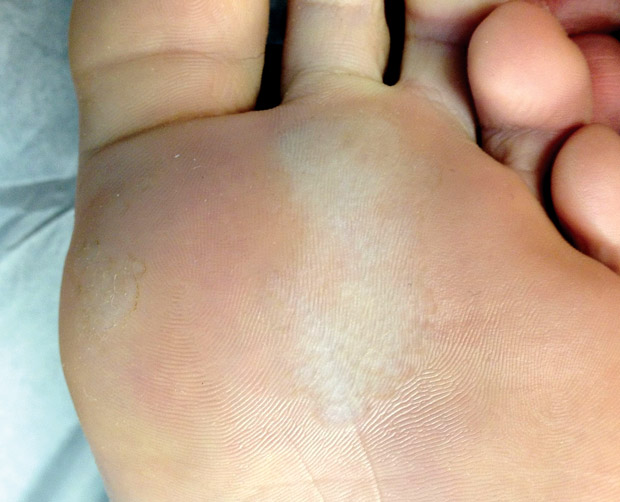Lessons from an outbreak
This issue also covers preexposure prophylaxis for HIV, adult survivors of congenital heart disease, and age-friendly geriatric care.
Last summer, a rash of mysterious lung injuries sent young people across the country to intensive care and clinicians in a frantic search for answers. The lung condition was eventually named EVALI, or electronic cigarette or vaping product use-associated lung injury, due, as its name indicates, to e-cigarettes and vaping, usually involving tetrahydrocannabinol. New cases of EVALI have now begun to decrease, and researchers and experts have started to compile best practices and solid theories about what caused the outbreak and how clinicians, patients, and regulators should proceed from here. For our cover story in this issue, Senior Writer Mollie Frost talked to physicians on the front lines as well as experts in pulmonology and smoking cessation to come up with five key takeaways.
HIV medicine is constantly evolving, and internists are increasingly likely to be managing patients with HIV infection, including those over age 50. With better drugs and lower mortality from HIV, comorbid conditions, especially cardiovascular risk factors, are playing a larger role in care for infected patients, and those at high risk for HIV infection can benefit greatly from preexposure prophylaxis. Our story in this issue reviews the latest on screening and prevention, initial therapy, and potential drug-drug interactions.
Adults who were born with a heart problem may sometimes believe that their childhood treatment cured them and no further cardiac follow-up is needed, but that's far from the case. Patients with congenital heart disease who fall out of care in adulthood are at risk for additional complications down the line. Primary care physicians can help identify affected patients and get them the care and monitoring they need, based on the severity of their underlying conditions. Our story explains the prevalence of adult congenital heart disease, its common presentations, and the ongoing treatment required.
As the population ages, physicians will face the challenges of tailoring care to elderly patients' individual needs and preferences. To help, the Age-Friendly Health Systems Initiative, a partnership of the John A. Hartford Foundation and the Institute for Healthcare Improvement in conjunction with other groups, developed the “4 Ms,” principles that physicians and facilities can use to guide age-friendly care. ACP Member Mary Tinetti, MD, discusses the background and goals of the initiative and offers tips on putting these principles into practice.
Next month, April 23-25, Internal Medicine Meeting 2020 will be held in Los Angeles for the first time ever. The meeting will feature premier educational content, including a focus on diversity, equity, and inclusion with courses on leadership, unconscious bias, and medical decision making in diverse cultures; two live podcasts; and the first-ever Student Story Slam, featuring stories from medical students. Learn details about the meeting, and email us at immatters@acponline.org to let us know what sessions you're most excited about.
Sincerely,
Jennifer Kearney-Strouse
Executive Editor




